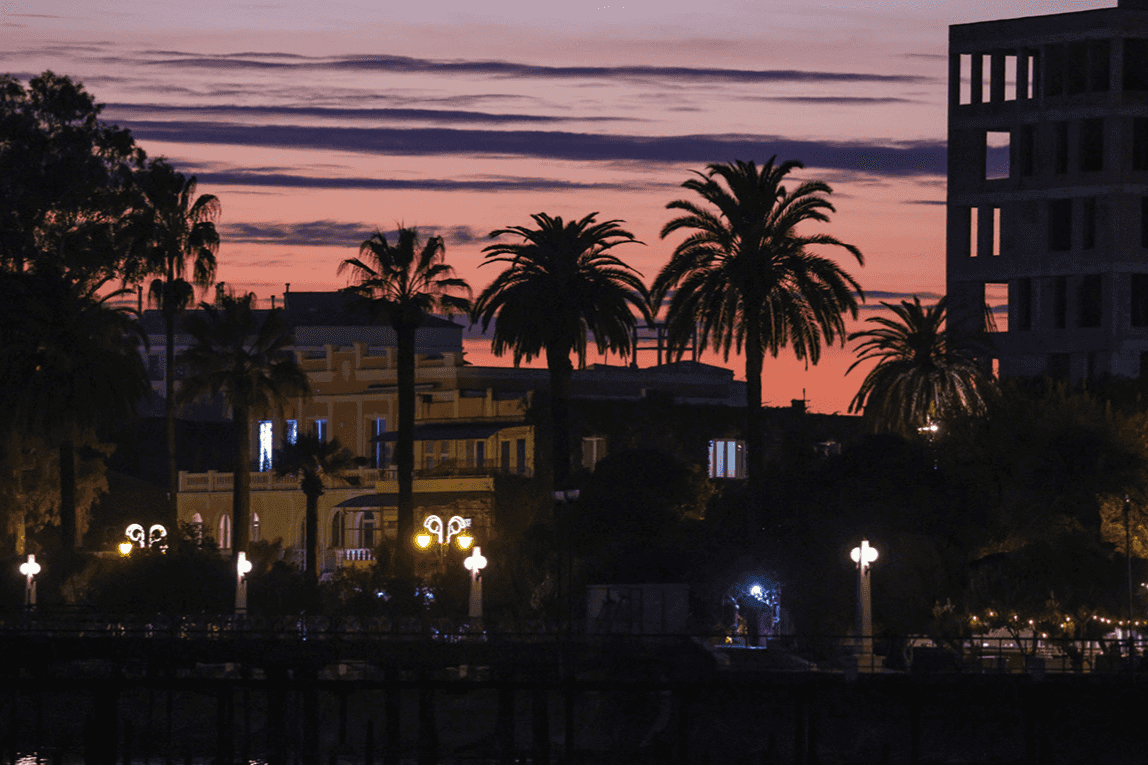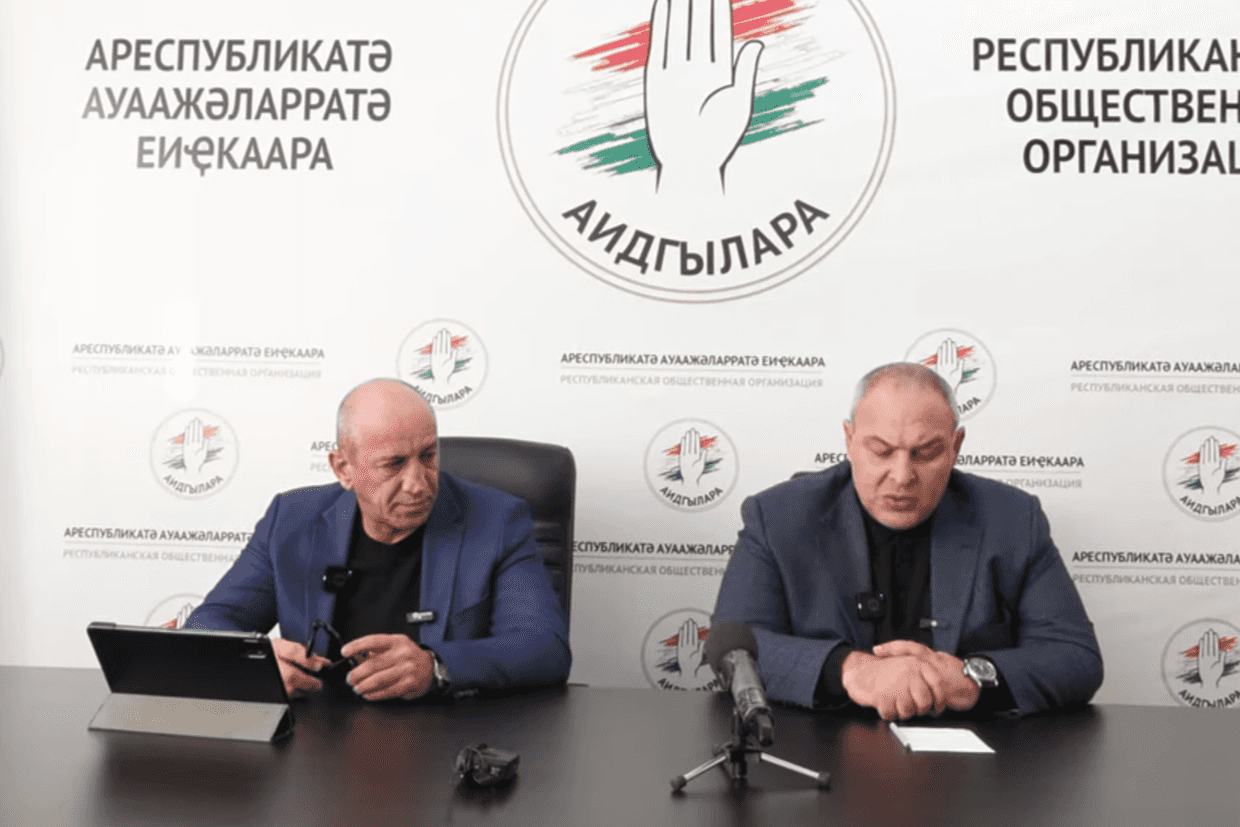
Abkhazia’s National Gallery collection of around 4,000 artworks was severely damaged by a fire that ravaged the building on Saturday night, with many artworks entirely destroyed.
On Sunday, the gallery’s director, Suram Sakania, stated that most artworks in the collection dating back to the 30s were either fully destroyed or would require restoration.
‘More than three hundred works by Alexander Chachba-Shervashidze, Varvara Bubnova, Evgeny Kotlyarov, and Olga Brendel were destroyed. And many others. We had kept them for 70 years’, said Sakania.
On Monday, Abkhazia’s Culture Minister, Dinara Smyr, stated that around 200 paintings by Abkhaz artists had survived the fire, including works by Viktor Scheglov, Khuta Avidzba, Sergei Sangalov, Sergei Gabelia, and Visarion Tsvijba.
Smyr stated that none of Shervashidze-Chachba’s works survived the fire.
The surviving paintings have been temporarily relocated to the National Library, where they await restoration work.
The blaze started at around 03:30 on Sunday morning. By the time the firefighters had extinguished the flames, the fire had destroyed the second floor of the exhibit and a bank located in the same building.
While the first floor of the building was not damaged by the fire, much of the artwork housed there sustained severe water damage during the efforts to extinguish the fire.
The General Prosecutor’s Office is still investigating the cause of the fire.
Elvira Arsalia, director of the Central Exhibition Hall at the National Gallery, stated that the loss of the artwork and the damage wrought to the building was a ‘misfortune and tragedy shared by all’.
‘The situation is terrible, depressing, the gallery’s collection has been lost, serious damage has been caused to an architectural monument’, she said.
‘There is little optimism, but everyone needs to learn lessons, collect all the bits, everything that was saved, search, replenish the collection and move on, there is no other way for the gallery, the country, the state.’
For ease of reading, we choose not to use qualifiers such as ‘de facto’, ‘unrecognised’, or ‘partially recognised’ when discussing institutions or political positions within Abkhazia, Nagorno-Karabakh, and South Ossetia. This does not imply a position on their status.









